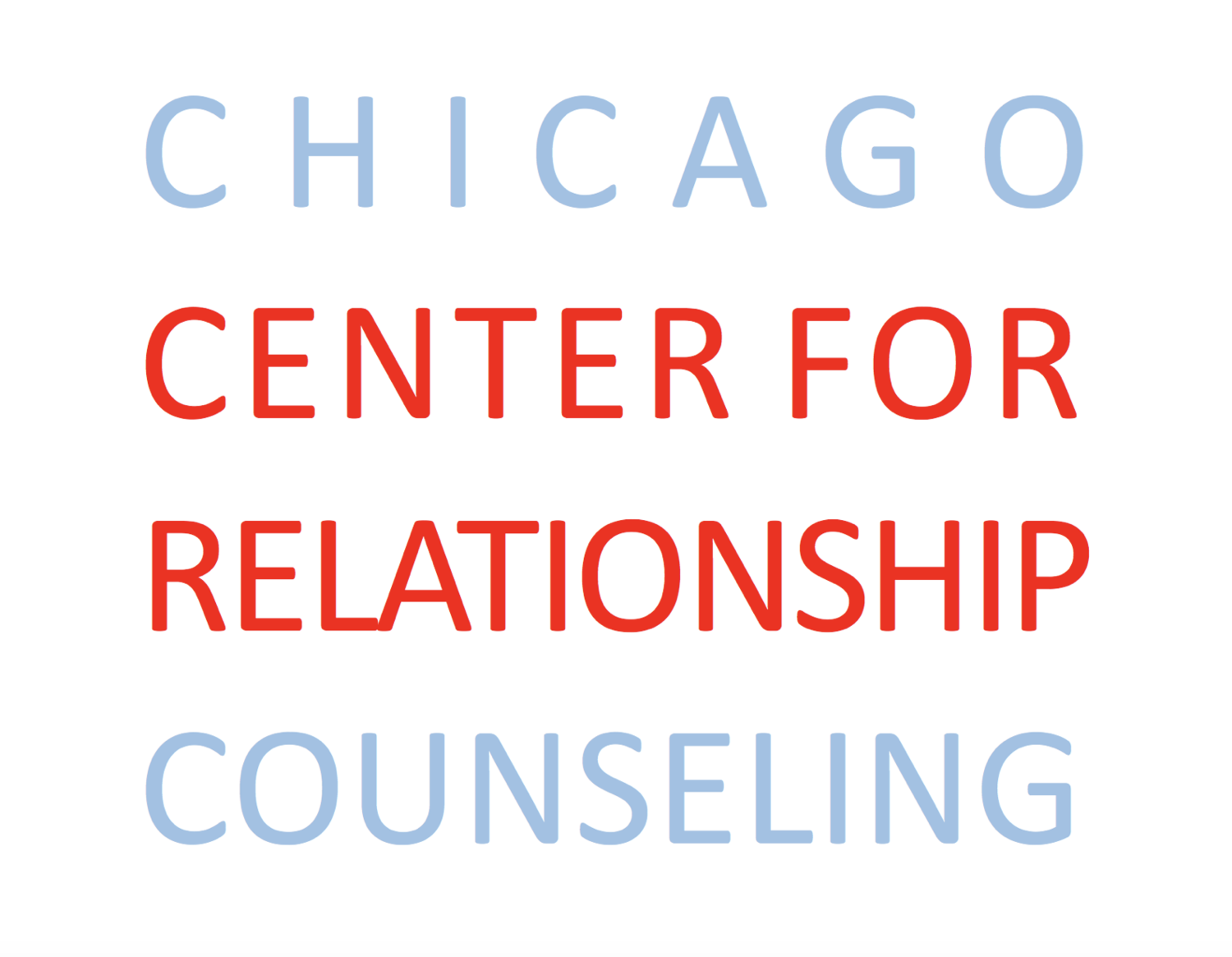Meet taylor pettway, lmft
supervisor-in-training
So much of what I love about the work of therapy and supervision of therapy is the lens of awareness and metathinking that one develops about themselves, others, and the world around them. Whether it be bolstering your systemic, clinical functioning as a soon-to-be therapist or supporting your administrative services that present you as a professional to the public, supervisors in the field of marriage and family therapy have such a vast reach in the development of newly minted therapists. Helping you as the supervisee keep all voices in motion— the client’s neighborhood, the therapist’s own stress level, the setting where the therapy is provided — supports your own ability to keep context and its impact in the forefront.
Previously an educator, I well know the benefits of modeling behaviors for learners, and supervision should be a ripe learning environment, oscillating between support and challenge. As is my own personal custom, front-loading and developing an initial sound infrastructure for our supervisory process prior to engagement or in this case, bringing on you as a supervisee, is my preferred first step. Emphasizing distinctions, such as concerns that warrant self-of-the-therapist exploration versus personal therapy, the focus on the process of various conversations and interactions versus the content, and naming the many power dynamics that will arise, are also significant to my role as your supervisor. I hope to act as guide and teacher, mentor and coach as we engage in our supervisory relationship. From setting long and short-term goals with you to supporting you in implementing theory-driven therapy to holding an anti-racist framework, these specific goals for supervision are necessary when launching a culturally aware, clinically sound mental health professional out into the world.
I am both proud and grateful to be a student of what is now known as Integrative Systemic Therapy (IST) and The Family Institute at Northwestern University. Because of this training, I have had exposure to a breadth of relational therapy models, theories, and strategies. Culture and context, race and power, privilege and disadvantage are areas where I am also keen to examine both as a person and as a supervisor. If done with authenticity and consistency, contextual and cultural examinations in supervisory sessions will hopefully model the process by which to facilitate this experience with your clients. Through my emphasis on narrative therapy elements, the hope is that you will be able to collaborate in authoring your own story of development by identifying and fulfilling collaborative goals. Similar to my work with clients, my hope is to “pull back the curtain on the therapy and the supervision process” and to explain my various instructions and observations simply and succinctly. A supervisee who is equipped with both rationale and clear direction can not only develop within the framework of marriage and family therapy but can find their own therapist selves and way of practicing in this field.
Taylor can be reached by phone at (773) 431-7397.


